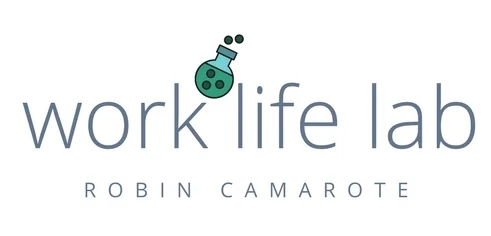Watching people swim laps is pretty boring. Some people are faster, some are slower. Most do some kind of flip turn, some cling to end to sneak in a couple of deep gasps before paddling back in the other direction. The lane ropes separately them are absolutely critical to maintaining order and ensuring everyone gets the basic “work” of their swim done.
Watching people (especially kids) play in the pool is totally different. It’s loud, a little chaotic, and unpredictable—swimmers disappear periodically under the water only to pop back up some place else. If someone thought to bring a raft or noodle, the ever-changing games are played just a little differently. Occasionally someone gets kicked in the head but still there are no ropes separating the swimmers. Those would defeat the purpose.
Our organizations are largely built to sustain lap swimming. There is a ton of work to do each day. We need clear focus and direction to get things done. However, few of our best organizational leaps forward cleanly fall within the boundaries of one division.
So every once in a while, an opportunity comes up at work that requires experts from different divisions—a chance to pull people from their organizational swim lanes into the big open pool to do something special. There, they’re all mixed together and suddenly need to rethink how they swim.
When cross-divisional opportunities come up (especially big, important ones), someone will often pipe up with the idea to create one big lane (a combined organizational unit). It idea is that they’re relieved of their regular swimming duties and allowed to focus on the new, new thing. These initiative or project-focused units are typically promised a new box on the org chart, a new hierarchy with new leadership positions, and is often shown reporting directly to someone very senior. The whole thing can be really attractive to those tapped to create something new, as well as, the leadership who thinks they’re buying progress, agility, and accountability.
The message is that this new project is important and we can’t trust the existing organizations to come together, get creative, collaborate, and work it out. After all, we need to get it done already. Right?
Well, sometimes these realignments absolutely make sense such as when the business model is fundamentally changing and certain services are no longer needed or will be outsourced.
Other times, these pop-up project-focused groups undermine the existing structure. Assuming that you’re not doing away with finance, communications or IT any time soon, projects that skim a few key resources from these functions create more problems than they solve.
- For one, the residual organizations feel robbed.
- Then, the new group spends a lot of time figuring out how to secure resources and be productive together.
- Lastly, the leadership is put into the position of defending and refereeing instead of enjoying watching actions get ticked off the list.
Alternatively, time is better spent helping existing organizations collaborate productively. A series of facilitated planning discussions focused on who does what and when can move projects forward faster and with fewer kicks in the head.









